WHAT'S THE PROBLEM?
In the digital world, similar to the environment, there is a huge amount of trash: unnecessary emails, files, apps, duplicates of photos and videos are all digital waste.
When we use the internet or social media, we contribute to CO2 emissions. While individual usage only generates a small amount of emissions, the problem this poses on our environment is clear if we take into account the collective amount of carbon emissions.
The carbon footprint of the internet and the systems supporting it account to about 3.7% of global greenhouse emissions, the same amount produced by the airline industry. Each year the internet and its supporting systems produce 900 million tons of CO2 and some studies estimate that in a decade the internet network will consume 20% percent of the world’s total energy. (Source)
National Spring Clean wants to support digitalcleanupday.org, which are calling people to Cut down your CO2 share, join the Digital Cleanup Day movement on the 15th of March!
Here are some facts from the We Are Social Digital 2020 Report:
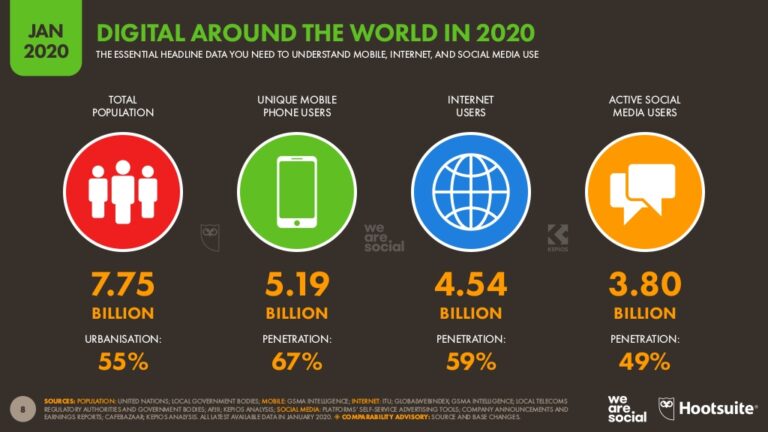
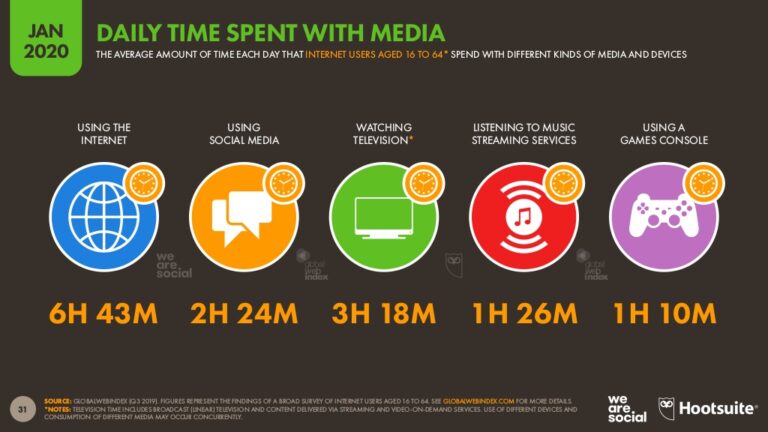
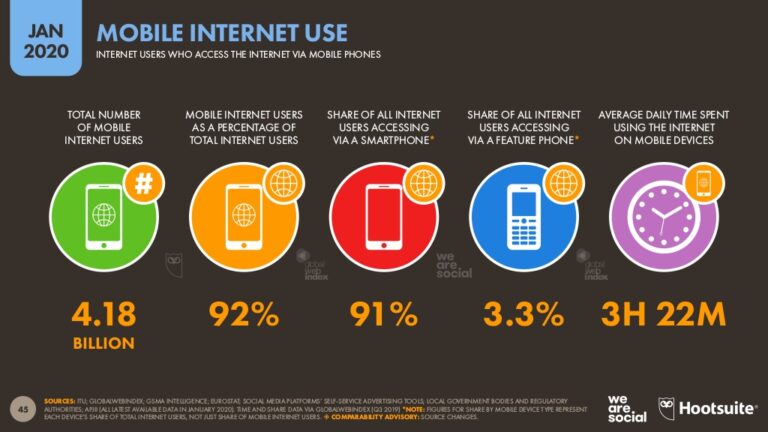
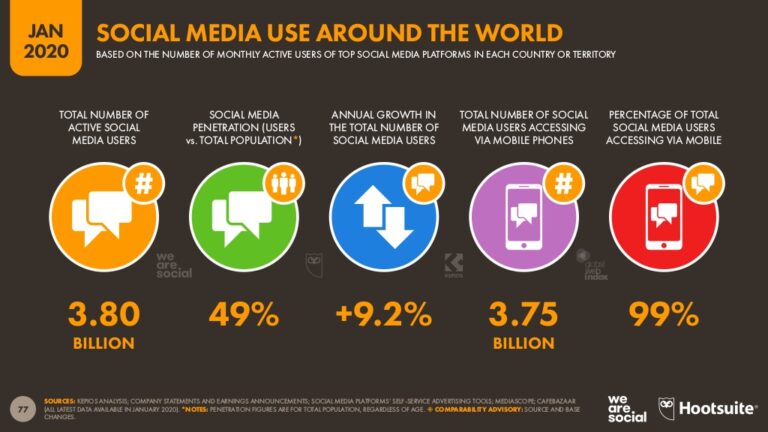
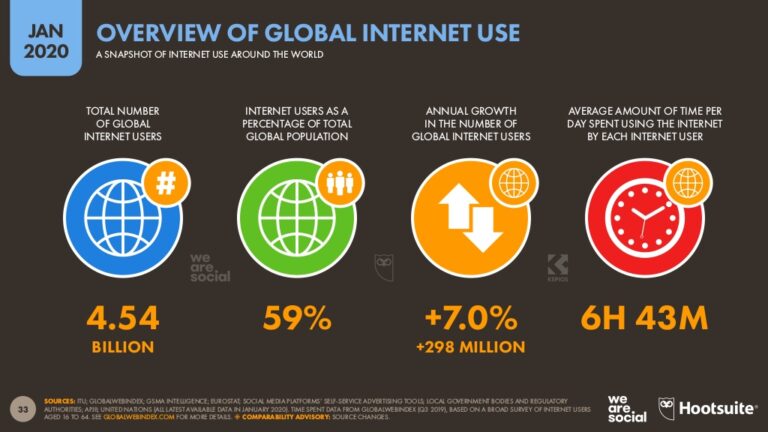
A minute on the internet in 2020 from Statista:
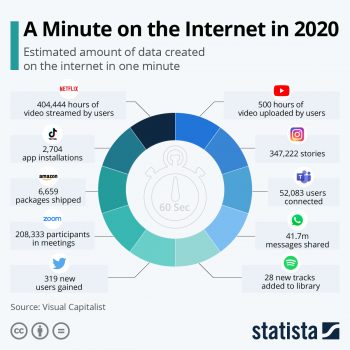
LET'S TALK ABOUT EMAILS
- Every spam email releases an estimated 0.3 grams of CO2 into the atmosphere. An email with attachment releases 50 grams (Source)
- If each UK adult sent one less ‘thank you’ email a day would save over 16K tonnes of carbon per year, the same as 81K flights to Madrid.(Source)
- Deliver billions of spam emails everyday creates as much greenhouse gas as 3 million cars.(Source)
- Each day 281 Billion emails are send and received around the world. Sending of one email is estimated to produce 0.000001 tonnes of CO2 equivalent. That is 281 tonnes of CO2 per day! (Source)
- Delivering billions of spam emails everyday creates as much greenhouse gas as 3 million cars. (Source)
HOW TO DO A DIGITAL CLEAN-UP
Technology and the internet are an important part of our lives, but the good news is that there are things we can do to limit our carbon footprint.
Like in the environment, there is a big amount of trash on our devices that is not only taking up storage, but it also producing CO2 emissions. Every time we delete unnecessary files and apps from these devices, we are being part of the solution, saving a considerable amount of CO2.
Inspired by the Digital Clean-Up Day, we are inviting you to do a digital clean-up.
CLEAN UP YOUR MAILBOX
- Unsubscribe from newsletters you don’t read
- Select long conversations, pick the newest one and delete the rest
- Stop sending ‘ok’ and ‘thank you’ emails
- Filter emails by the oldest one and archive them
- Block unwanted senders
- Turn off email notifications from apps and social media


CLEAN UP YOUR SMARTPHONE
- Remove all applications that you haven’t used in a while
- Sort your photos and delete any duplicates and blurry ones
- Store your photos and videos on external hard drives
- Store important documents on external hard drives
- Clear your phone’s cache every now and then
CLEAN UP YOUR LAPTOP
- Delete duplicate files or files you no longer need
- Go through videos and delete watched or unnecessary files
- Sort your photos and delete any duplicates and blurry ones
- Store your photos, videos and documents and videos on external hard drives

WHAT ELSE CAN I DO?
Now that you have done your digital clean-up,find below simple steps to reduce emissions in your everyday digital life:
- Adjust your devices’ power settings: set your devices to go to sleep mode and turn them off when you are not using them. Lower the brightness of you screen and select energy saver mode on your devices when possible.
- Store data locally: store important data on your computer, phone or an external hard drive, rather than uploading them to the cloud.
- Reduce streaming: when possible download movie and music, instead of streaming them. Streaming represents 75% of global data traffic and it’s very energy-intensive.
- Block video autoplay: as we said above, playing videos uses an enormous amount of energy, so you should always turn off the auto-play option
- Rethink your internet searches: a good part of web searchers aren’t aimed at finding new information but at returning to websites we have already visited (social media, a specific website, etc…). Each search produces CO2 emissions, so instead of searching for websites and pages you frequently use, simply save them in your bookmarks.
- Offset your searches: there are some search engines, like Ecosia, that fund tree planting from the profit made through individual online searches.
- Use your devices longer and dispose of them correctly
Lorem ipsum dolor sit amet, consectetur adipiscing elit. Ut elit tellus, luctus nec ullamcorper mattis, pulvinar dapibus leo.
